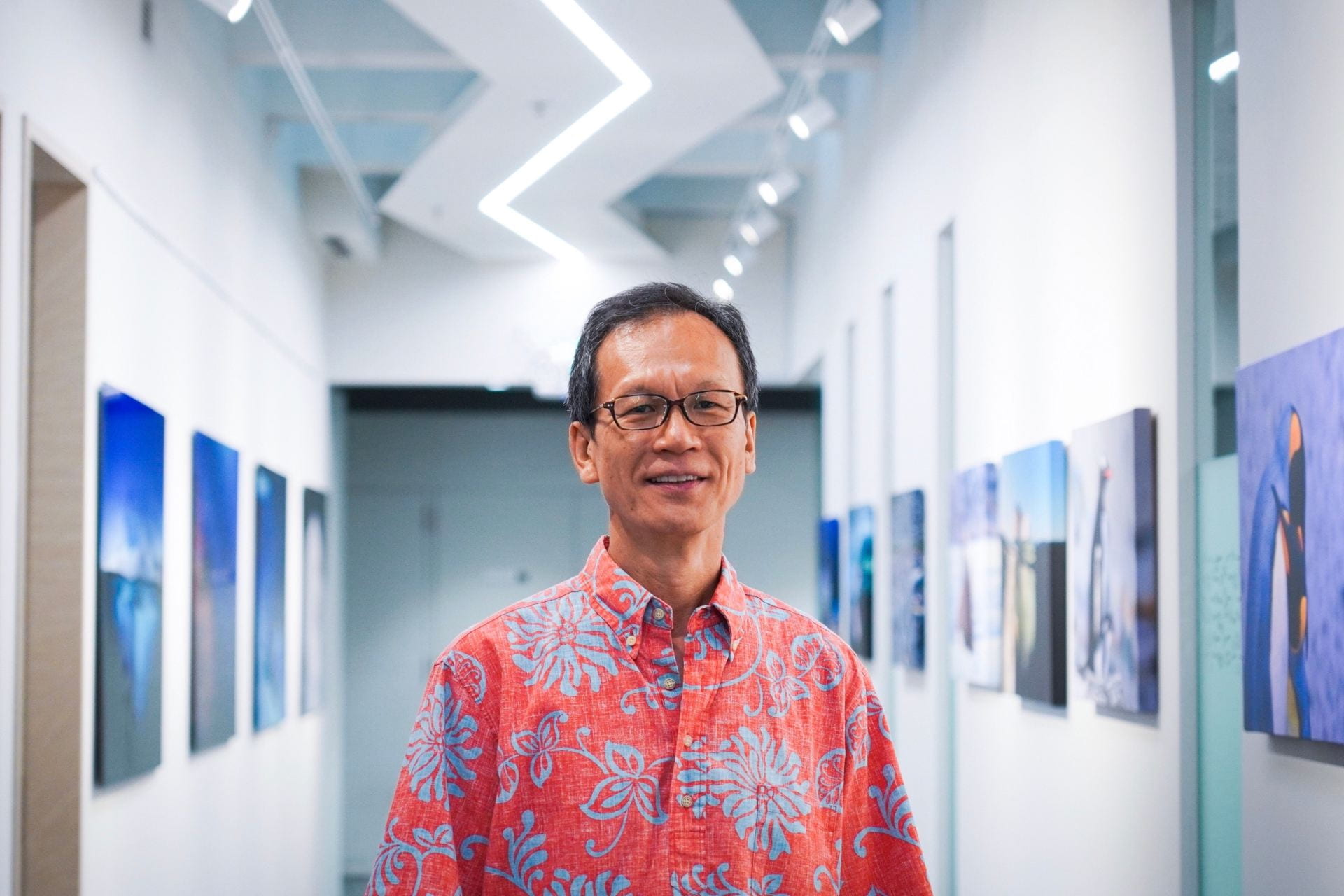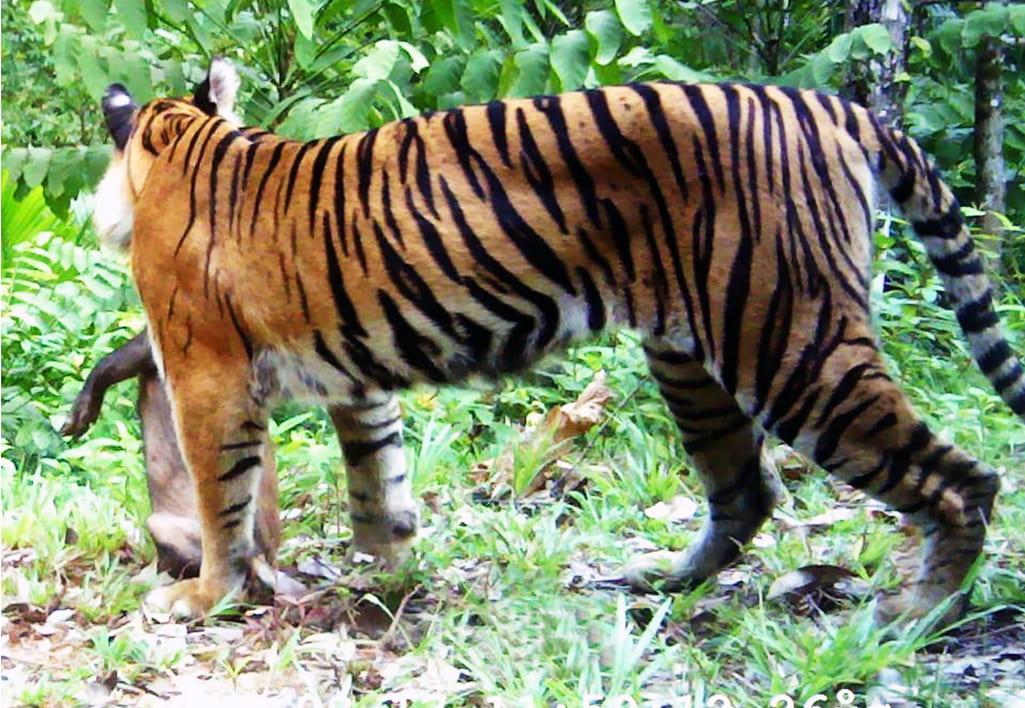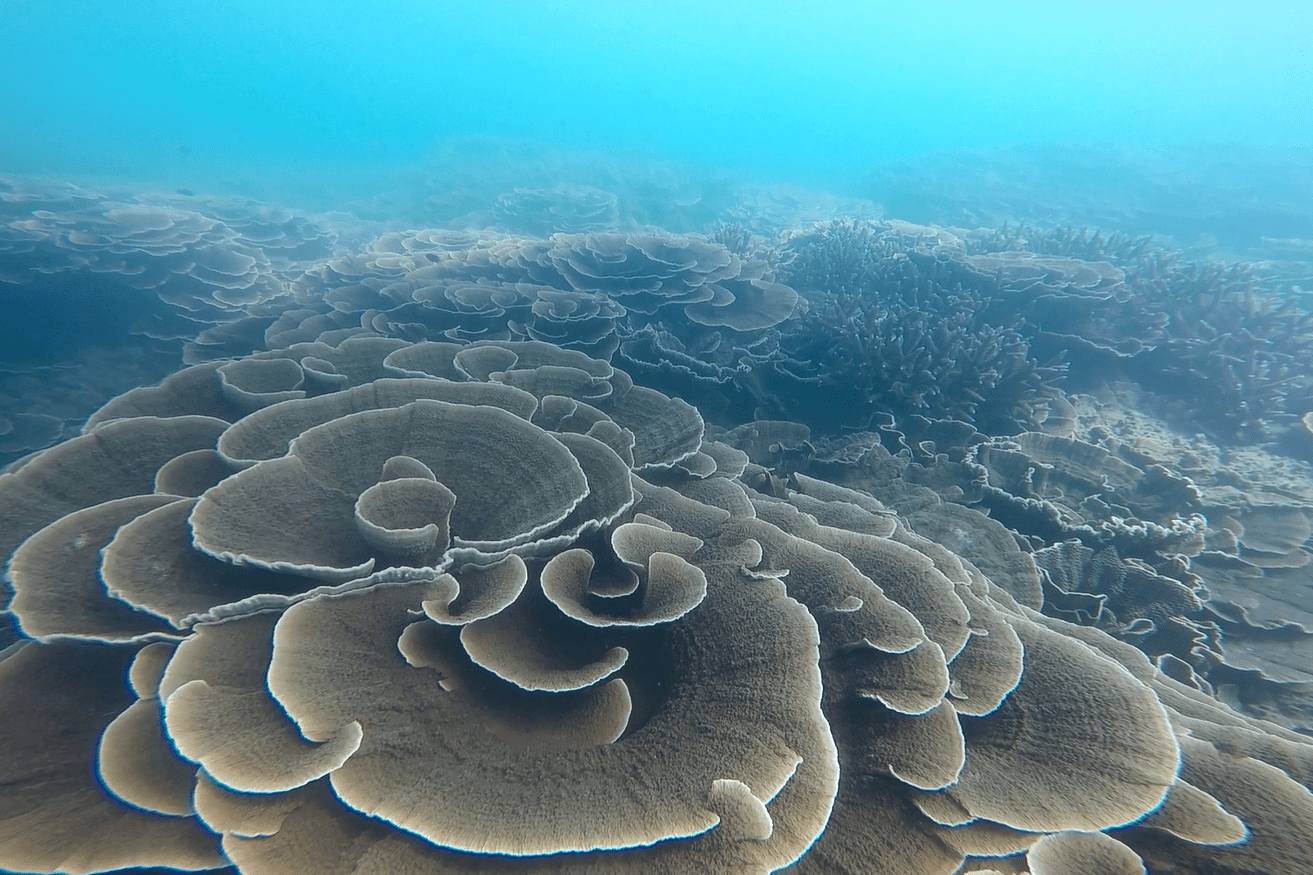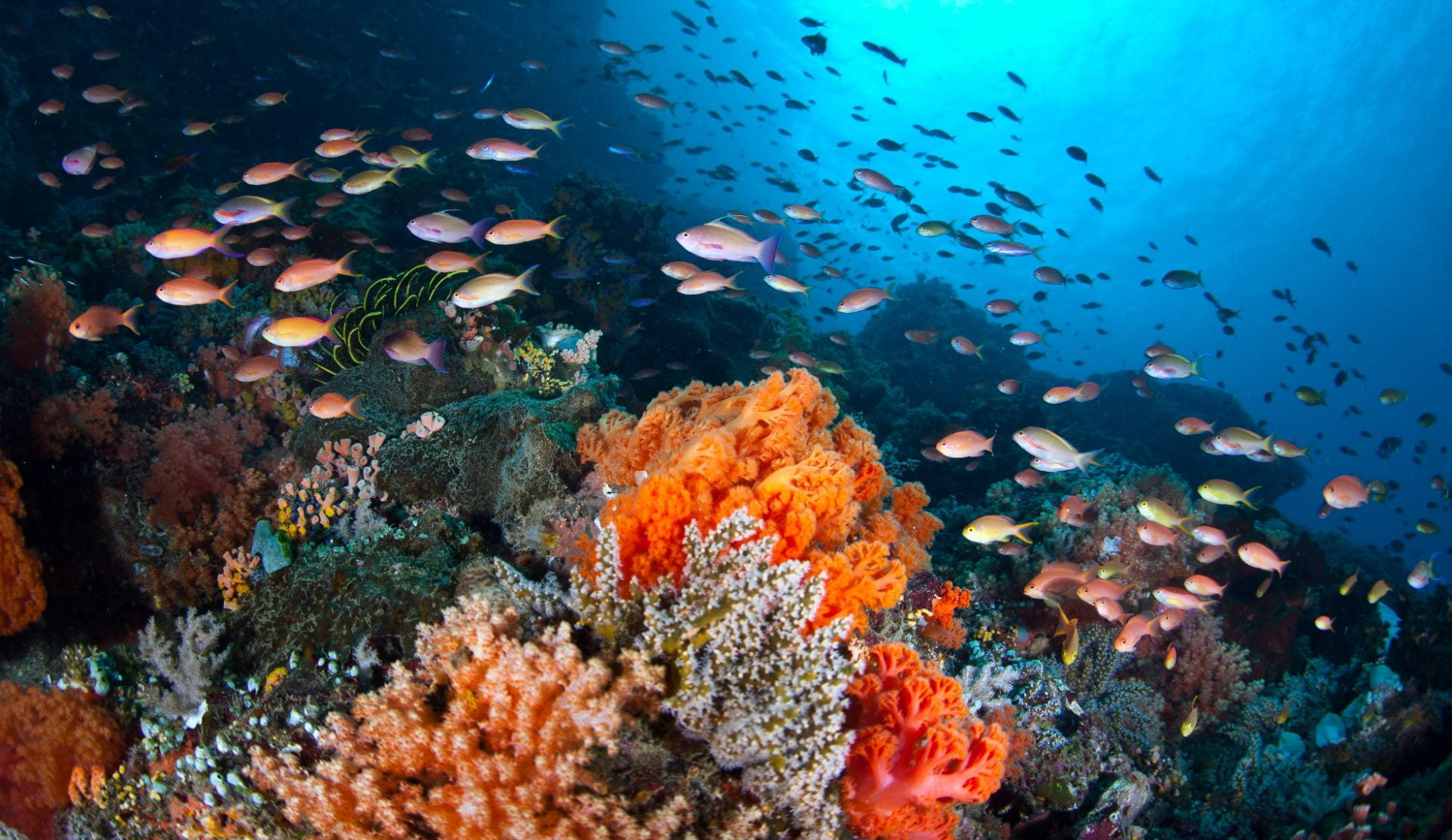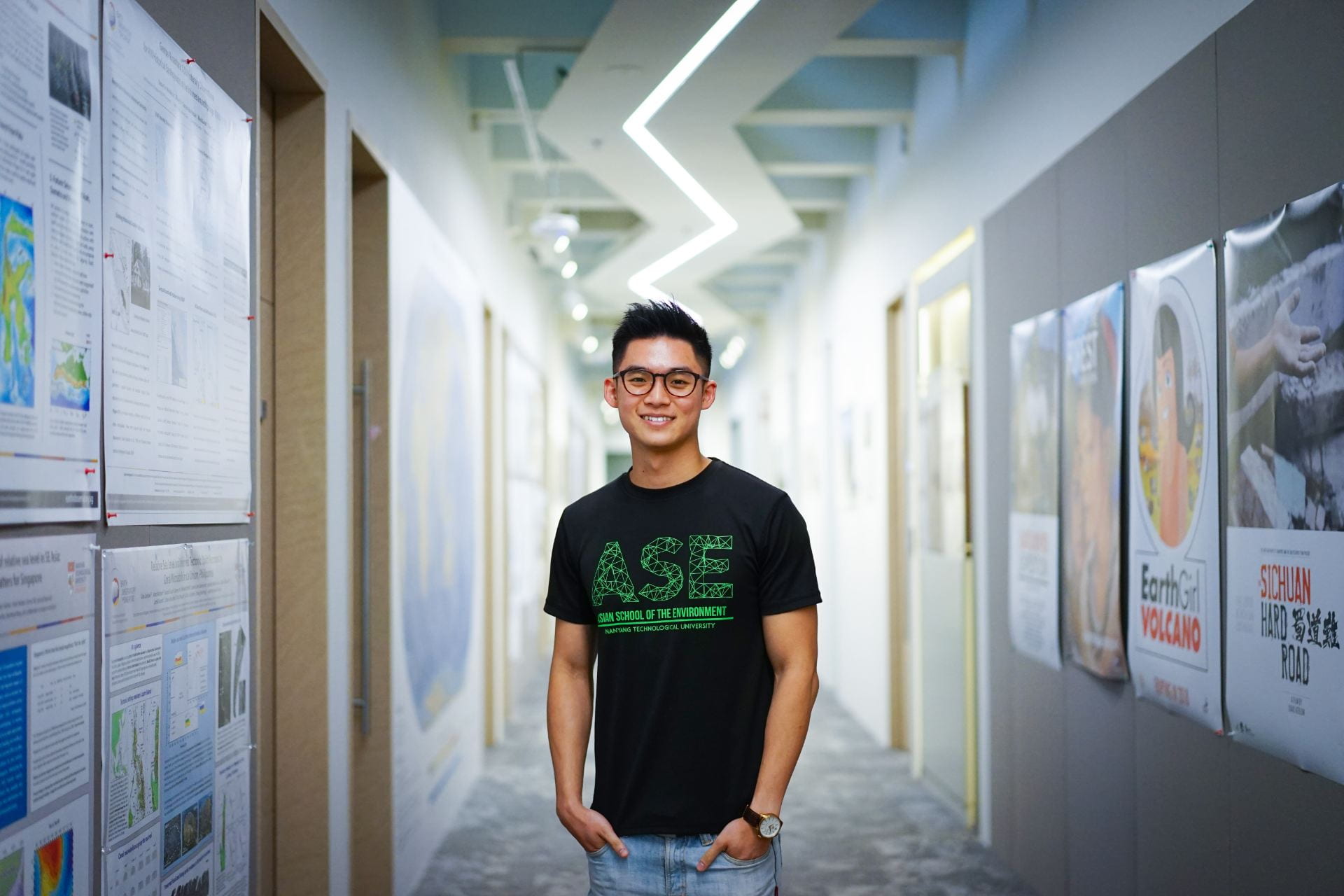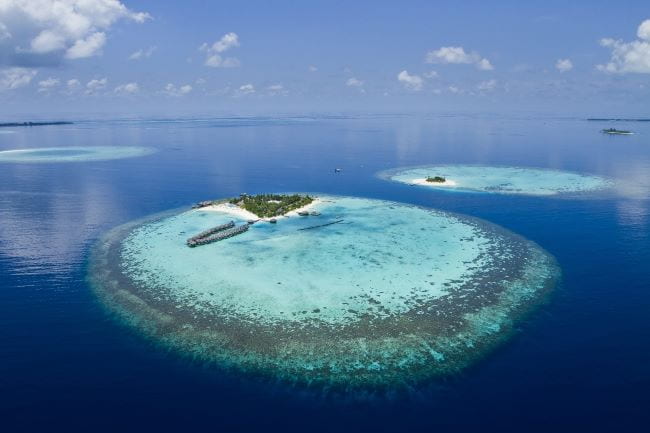Dr Shawn Lum, a senior lecturer at the Asian School of the Environment and President of the Nature Society Singapore, has recently been awarded the Public Service and Long Service Medals. Previously a member of the Public Utilities Board (PUB)’s Water Network Panel for over ten years, his expertise has helped shape the various programs and initiatives spearheaded by the PUB. Science@NTU caught up with Dr Lum to find out more about his time on the panel, and also his views on water and nature issues.
Human-tiger Conflicts in Sumatra – using data modeling to tailor management response
“The most important thing when working with human-tiger conflicts, as well as other conflicts involving humans and predatory animals attacks, is to work collaboratively and to prepare the local communities in how to deal with or mitigate conflict situations. This human-tiger conflict risk map will help prioritize areas and enable more effective use of the limited resources available”, says ASE PhD candidate Muhammad Irfansyah Lubis, lead author of a new paper published in the journal Animal Conservation.
Lights Out for Muddy Water Coral Reefs as Global Sea Level Rises?
Although the impacts of climate-related coral bleaching are well documented, knowledge of how sea level rise will influence reefs is limited. Global sea level rise (SLR) will present a major threat to turbid coral reefs, located in shallow coastal waters, by increasing the depth of water covering them, and reducing the amount of sunlight available on the seafloor. This will change the amount of habitat available for certain corals to grow, shows a new study led by ASE Presidential Postdoctoral Fellow and AXA Research Fellow Dr Kyle Morgan published last week in Proceedings of the Royal Society B.
Testing Wastewater Supports Monitoring of COVID-19 in Singapore
ASE/SCELSE Associate Professor Janelle Thompson is leading a team of scientists from NTU-SCELSE working with the NEA Environmental Health Institute to monitor the presence of the virus causing COVID-19 (SARS‐COV‐2) in wastewater in Singapore. Measuring the presence of virus in wastewater is not only cost effective but could also help trace new outbreaks at an early stage.
New NRF Fellow Asst Prof Perrine Hamel uses nature to design sustainable cities
As a densely populated city on a small island, Singapore is no stranger to urban planning; on the contrary, it has been a key part of the growth of Singapore, enabling housing of an increasing population and growing industry while still preserving sizeable green areas.
Key to Corals’ Bleaching Susceptibility Lies in their Diet
Climate change and warming oceans are major threats to coral reefs and can cause widespread coral bleaching. As coral scientists and conservationists work against the clock to restore and preserve coral reefs, new research has revealed some corals have a secret to help them tolerate climate change.
Whittaker Distinguished Ecologist Award 2020 to Prof David Wardle
Congratulations to ASE Professor David Wardle, who has been announced as the 2020 recipient of the Whittaker Distinguished Ecologist award from the Ecological Society of America (ESA). The Whittaker Award recognizes an ecologist with an outstanding record of contributions in ecology who is not a U.S. citizen and who resides outside the United States.
Expanding Horizons Beyond the Red Dot (Part 1): Budding Environmental Entrepreneur Song Lin
Song Lin’s project on raising awareness for the Mekong Delta environmental crisis through a video-making workshop won him the AY2018/19 OG Distinguished Undergraduate Student Award (DUSA). He also went on a 6-month stint in Shanghai as part of the Overseas Entrepreneurship Programme (OEP). He shares with us his experience in these two exciting ventures!
ASE visit by IPBES co-chair Professor Sandra Diaz – one of 10 scientists that mattered most in 2019
Last month, the ASE had the pleasure of hosting Professor Sandra Diaz from the University of Cordoba, Argentina, for a week. Prof Diaz is Co-chair of the IBPES (Intergovernmental Science-Policy Platform on Biodiversity and Ecosystem Services), which stood behind the Global Assessment Report on Biodiversity and Ecosystem Services last year.
Tropical Indian Ocean sea level historically much more sensitive to climate change than the Pacific and Atlantic
The sea-level of the Indian Ocean is rising at a rate and magnitude nearly twice the global average, but insufficient data records have stood in the way of understanding this strong response to climate. In a study recently published in Nature Geoscience, ASE/EOS researchers Dr Kyle Morgan, Research Assistant Ke Lin, A/P Xianfeng Wang and Keven Roy together with colleagues from Canada, Australia and New Zealand tracked relative sea level change on coral atoll islands in the Maldives over the past two millennia.

